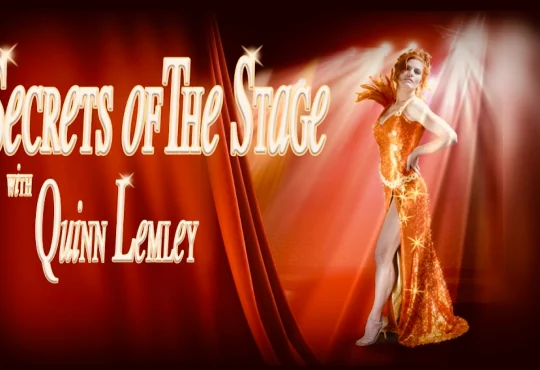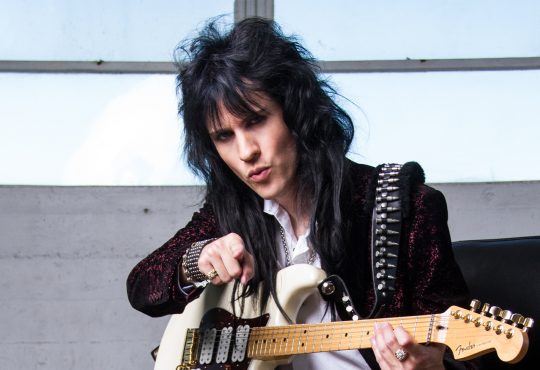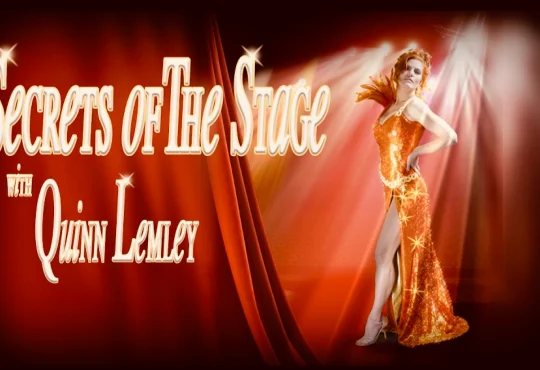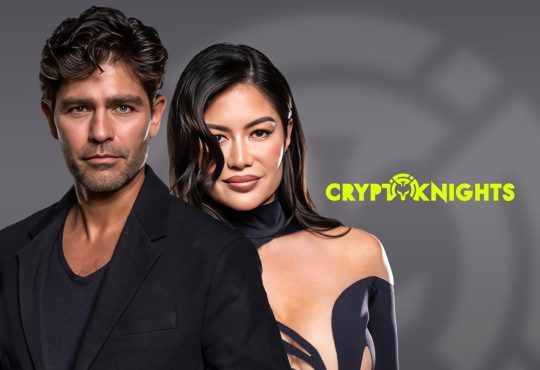‘Brooklyn Nine-Nine’ Season 8: The Complicated Return of a Cop Comedy
When last we saw the gang from Brooklyn Nine-Nine, Andy Samberg’s Jake Peralta was passing his new baby son McClane — named, of course, for Bruce Willis’ character in Jake’s beloved Die Hard — off to wife Amy Santiago (Melissa Fumero) so he could watch a cell phone video of Captain Holt (Andre Braugher) and Terry Jeffords (Terry Crews) performing a hip-hop dance routine together. It was a gently silly moment on a show that had long made gentle silliness its stock in trade. It was not necessarily meant as a series finale, since NBC had already ordered an eighth season of the long-running sitcom, but Season Seven was also the first Brooklyn year to conclude without any kind of cliffhanger.
That episode aired on April 23, 2020. A little over a month later, George Floyd was murdered by Minneapolis police officer Derek Chauvin, and as the video of this heinous crime went viral, our country’s relationship with cops — real and fictional — changed irrevocably. Every cop show would likely need to wrestle with this altered perception in some way, but Brooklyn Nine-Nine — both an unabashedly progressive show, as well as one that largely used police work as fodder for broad laughs — would seem to have one of the more challenging tasks ahead of it. As Covid delayed production on what was now an abbreviated eighth and final season, it was hard not to wonder if perhaps the birth of little Mac Peralta shouldn’t have just been the conclusion of the series. Nine-Nine had been created in a different time, and was already showing its age in that seventh season, after all. Why not just call it a day and leave viewers with fond memories of Jake doing the Full Bullpen across the squad-room floor, or Charles Boyle (Joe Lo Truglio) complaining about his Dianne Wiest infection?
During that long hiatus — which ends tonight with the premiere of back-to-back episodes on NBC and streaming on Peacock — Nine-Nine fans on social media would periodically say, only half-kidding, that the show would be best served coming back with Jake and the others now all working at the post office, or in some other less emotionally-charged profession. After all, the best parts of the series have had little to do with law enforcement and everything to do with the interaction of these colorful characters played by one of TV’s deepest comedy ensembles.
That is not the choice that Brooklyn co-creator Dan Goor and his collaborators have made. When we catch up with the characters in something resembling the present day (give or take a Delta variant surge), two of the characters have left the police force, albeit for very different reasons. (The whole ensemble does return, though.) The others are still doing their jobs — just in a new context of which they are all painfully aware. The premiere involves Jake and Rosa Diaz (Stephanie Beatriz) looking into a situation where a black woman was beat up by NYPD officers, who appear to have stopped her without any probable cause. As they investigate her case, they find not only systemic rot within the department, but a surrounding community of civilians who look on guys like Jake with suspicion and contempt.
It’s admirable that Goor and company have chosen to directly address some of the problems that Floyd’s murder and the Black Lives Matter protests placed more directly in the public spotlight. It’s just very tough sledding for a workplace comedy — even one as smart and sincere as this one — to tackle such a messy, seemingly intractable problem while still squeezing in jokes and more or less letting the main characters behave as normal. There’s a running gag in that first episode about how Jake keeps insisting he’s “one of the good ones,” then acknowledging how false that sounds, yet Nine-Nine still treats him and the other regulars (well, maybe not Hitchcock and Scully) that way. It’s an impossible balance. The season’s chief villain is revealed to be the head of the police union, Frank O’Sullivan, placed by ace character actor John C. McGinley (Scrubs). On the one hand, this feels fairly true to life, as much of the recent discussion surrounding police reform has pointed to the unchecked power and influence of unions. On the other, leaning so heavily on O’Sullivan allows the show to largely sidestep the question of whether there is something fundamental to the nature of police work that keeps attracting so many Derek Chauvin types. (We never actually meet the cops who beat up the civilian, for instance.)
O’Sullivan appears in two of the five episodes (out of 10 total) given to critics. Of the others, one has the characters spending time at the vacation home of Captain Holt and his husband Kevin (Marc Evan Jackson); one is largely a business-as-usual episode depicting Jake and Amy trying to balance their usual workload with caring for Mac; and one features the farewell appearance of Craig Robinson as Jake’s car-stealing nemesis-turned-BFF, Doug Judy. The Holt-Kevin episode works just as well as every other pairing of Braugher and Jackson, but it also has zero cop content. And while the other two mostly leave the police reform questions in the margins, a lot of the kinds of stories the show has been telling forever just feel off now. The Mac episode has Jake obsessing over a battle of wits with a killer he’s never caught. It emphasizes the idea that Jake has always treated police work as a game, but doesn’t reckon with the new reality wherein that character trait seems far less benign. And the Doug Judy plot involves the threat of him finally going to prison, but only as an excuse for more of Samberg and Robinson’s familiar chemistry and antics, rather than acknowledging that their dynamic would be vastly different.
There are still lots of funny bits: Beatriz, it turns out, is very good at playing stoned, and who doesn’t want to hear Robinson and Samberg freestyling together for a few moments? There’s also a remarkably candid Holt moment in the premiere that serves as a good reminder that Andre Braugher is one of the greatest dramatic actors alive who’s just been moonlighting in goofiness for the last eight years.
Mostly, though, continuing Brooklyn Nine-Nine in this environment just seems untenable, with these episodes not likely to satisfy either viewers who expect the show to more radically change itself, or those who just want the same series it was before months of lockdown and protests. Give the creative team credit for at least trying to acknowledge the ugliness now very publicly associated with policing, but the post-office version of Nine-Nine feels like it would have been the better way to go for a chance to spend a few more weeks with Jake and his friends.







